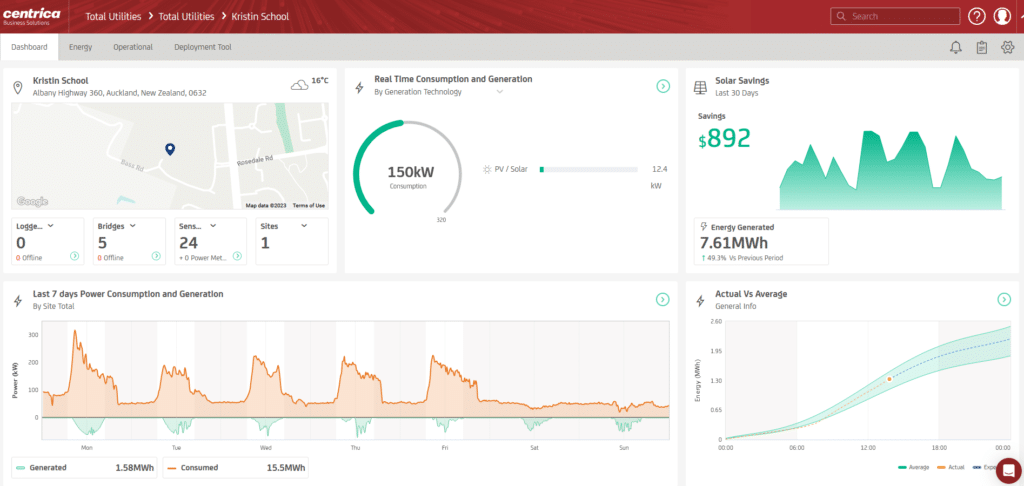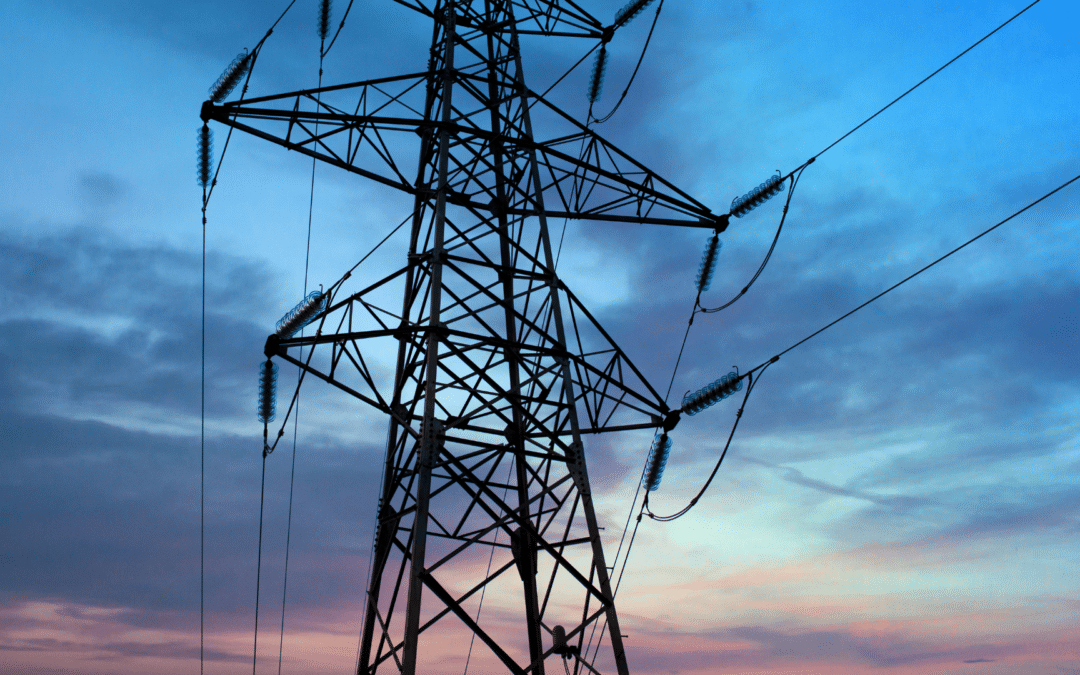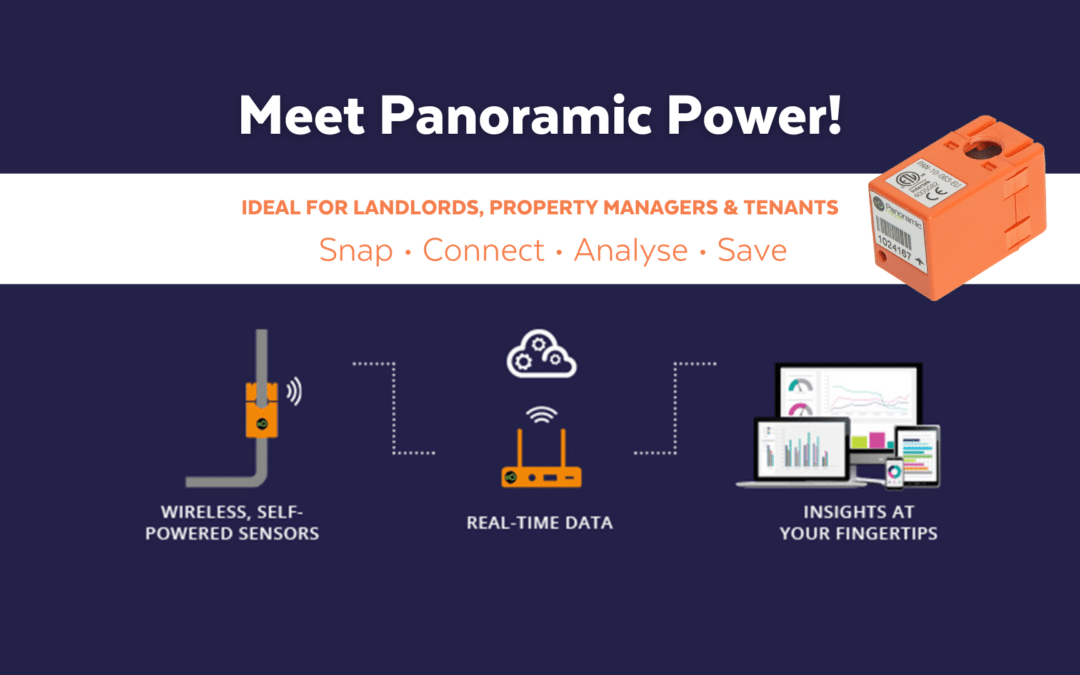
by Chris Hargreaves | Jul 26, 2023 | Carbon Sustainability, Company News, News
From hazy data to mind-boggling calculations and sprawling spreadsheets – measuring your carbon footprint is a daunting task for many businesses. But fear not! Total Utilities is gearing up to help simplify and accelerate your carbon management journey.
In the coming weeks, we will be making an exciting announcement about how we intend to assist businesses to effortlessly measure, reduce and disclose their carbon emissions.
The carbon conundrum
We know that the task of measuring your carbon footprint can be overwhelming, and it’s easy to become tangled in the complexity of the carbon footprint web.
Total Utilities understands these obstacles and is dedicated to helping businesses overcome them while encouraging wider participation in carbon management programs.
Discover hidden cost saving gains
Carbon measurement is no walk in the park with challenges including lack of standardised methodologies for measurement, supply chain complexities, concerns over data reliability, financial constraints – or simply not knowing where to begin.
Our new carbon management service will help you take control of your environmental impact and responsibilities. Additionally, by viewing your business balance sheet through a carbon lens, we can help you discover hidden efficiency and cost saving gains that you never knew existed!
Take control of your environmental impact
In a world that increasingly demands environmental responsibility, the desire to reduce emissions is strong, but the process of measurement is currently a challenging hurdle.
By leveraging our utility management expertise with advanced AI technology and sophisticated software – we believe we are about to deliver something special to the market that will accelerate progress towards net zero.
Stay tuned and prepare to embark on a new era of carbon reduction success with Total Utilities!

by Chris Hargreaves | Jul 7, 2023 | Case Studies, Solar Power
Total Utilities partners with Kristin School to provide real-time monitoring of solar panel performance with our world-class energy monitoring solution.
- Measuring and analysing solar power to calculate return on investment (ROI).
- Tracking energy savings & identifying opportunities for improved solar performance.
- Providing educational opportunities for students with solar lab to monitor real-time generation.
- Helping Kristin School reduce reliance on grid and achieve sustainability goals.
Kristin powers its way to brighter, greener future
Kristin School in Auckland has been committed to sustainability for many years, with a target of reducing carbon emissions by 50% by 2030.
The school first began installing solar panels in 2019 as part of a sustainability initiative named ‘The Lightbox Project.’ Two years later, they called upon Total Utilities for a full solar review and to recommend a service provider for further solar installations to extend the solar project.
That done, the next step was to call upon our expertise to help them measure and quantify real-time solar generation and measure sustainability gains.
Using Centrica Business Solutions’ energy insights technology, Total Utilities was able to assist Kristin gain invaluable insights into solar power generation, whilst also providing amazing real-life learning opportunities for students with a solar monitoring lab.

Delivering competitive advantage with real time energy monitoring
- Total Utilities has an exclusive partnership with Centrica Business Solutions to deliver its Panoramic Power energy insights solution.
- Panoramic Power provides world-class energy visibility and intelligence using wireless sensor technology that transmits data from all energy-using equipment in real time to the Cloud.
- Our expert team analyses data to provide cutting edge energy insights and advice to deliver cost and energy savings for clients.
- Panoramic Power is quick to install, requires no maintenance and is a revolution in energy management.
Basking in solar
Working together with Total Utilities, Kristin School has gained important insights into the benefits of its solar investment:
- Increased sustainability. Total Utilities has been able to provide real-time insights into energy savings – a major step forward in helping the school measure its carbon footprint and achieve its goal of becoming carbon neutral.
- Reduced power consumption. Energy insights provided by Total Utilities show exactly where and when solar energy is being generated, providing reassurance on return on investment.
- Carbon credits. Kristin can now accurately calculate excess solar generated, earning carbon credits to offset the school’s carbon emissions and generate revenue.
- Educational opportunities. The ‘Power Radar’ dashboard is an invaluable educational resource for students to learn about how solar energy can be used to power schools, businesses and homes.
Kristin School’s glowing report card for Total Utilities
Director of Business Services for Kristin School, Nigel Wilkinson said;
“The energy insight tools provided by Total Utilities have enabled us to measure solar power generated building by building, and the dashboard is so quick and easy to use with no training. Before it was installed, it was difficult to have confidence in exactly what was being generated and used.
As well as reassuring us about the ongoing viability of solar panels, the solar dashboard now enables me to confidently report back to the school board on our solar performance.
Additionally, the solar lab provided by Total Utilities is an excellent educational tool for students, allowing them to assess data and learn about renewable energy for projects and assignments.
All new buildings and upgrades now include solar panels. I can only see an increase in student and parent interest in renewable energy, and it’s important for us to be able to report on our commitment to reducing emissions and improving sustainability both now and in the future.”
A greener future for our children
Total Utilities energy insights and reporting capability allows Kristin School to determine exactly how energy is consumed and potentially wasted on campus.
This is an important step forward for schools such as Kristin who require an affordable, data-driven solution to reduce waste and carbon emissions in order to meet the government’s goal of NetZero emissions by 2050.
Armed with energy insights provided by Total Utilities, schools and businesses can accurately measure cost-savings and environmental benefits of solar.
Our energy insight services are ideal for any school or business wanting to reduce costs and carbon emissions, drive efficiency and ensure reliability of power.
With the clock ticking on a global environmental crisis, harnessing renewable solar energy is a great step forward to ensure a brighter, greener future for our children.
Keen for your business to enjoy similar outcomes? Email us at [email protected]
Kristin School Case Study Download

by Chris Hargreaves | May 21, 2023 | Energy, News
Electricity transmission pricing hike delivers nasty jolt
Changes to national grid operator Transpower’s transmission charges took effect in April – and as with most things in life, there are winners and losers.The updated transmission pricing methodology (known as TPM) significantly differs from previous years, and has delivered a mixed bag of rises and cuts for domestic and industrial users.
State owned enterprise, Transpower, has been allowed to recover $830 million by the Commerce Commission for running the network and the increased costs are now being passed on to end users.
Changes to charging methodology
Transpower Head of Grid Pricing Rebecca Osborne said the Electricity Authority has designed the new methodology to more closely reflect the costs and expected benefits of electricity transported across Transpower’s 12,000 kilometres of transmission lines.
There should be no surprises across the electricity industry about the new transmission charges, she said.
“We’ve consulted with customers along the way and provided information as the elements have developed, including updating our indicative prices… and providing indicative rates information in early November.”
“Total transmission revenue, as set by the Commerce Commission, remains the same, but how it is distributed among Transpower customers has changed.”
Encourage renewable generation
The Authority expects the new approach to transmission charges to encourage investment in renewable generation and electrification of industrial processes.
According to Transpower, the main change in the new transmission pricing is a move to a benefit-based approach where customers pay in proportion to the benefit they are expected to receive from some historic and all future transmission investments.
The previous methodology spread the cost of the HVDC (High Voltage Direct Current) link connecting the two main islands across South Island generators and spread the cost of all other interconnection assets across local lines companies and major industrial users.
Some Northland, East & West Coast customers hit hardest
In general, this means cost increases for local lines companies and some of the largest industrial customers in the north of the country because they are further away from where the bulk of generation is located in the South Island.
It also means North Island generators will begin contributing to the cost of the interconnected transmission assets and South Island generators will contribute less.
Consumers in Northland, the east coast of the North Island, and the West Coast have faced the biggest hikes, while Wellington and some South Island areas have seen prices fall.
The final amount that consumers pay for their transmission charges is ultimately decided by local lines companies, these charges typically make up between 8 and 10 percent of power bills.
Big power users such as the Tiwai Point aluminium smelter have seen an almost $10m price cut, while NZ Steel mill at Glenbrook faces an $11m increase.
Earlier in the year the Electricity Authority calculated movements would generally be small.
Those most affected may take issue with this. Indeed, Buller Electricity filed for a judicial review after being told its transmission charges would rise by 427 percent.

by Chris Hargreaves | Apr 5, 2023 | News, Panoramic Power
Ever had sky high utility bills at your investment or commercial property that you can’t explain? Or are you looking for an energy solution that provides an accurate breakdown of tenant consumption so that you can bill by usage rather than square metre?
Meet Panoramic Power!
It’s predictable, reliable, never sweeps costs under the carpet and hates waste. It’s always fair, makes everyone pay their way and works on facts rather than assumptions.
Total Utilities has been leveraging its power as part of its Total Tenant Metering Solution – to break down utility billing for clients to a granular level. It enables us to pinpoint any potential cost savings and sustainability gains through efficient power use, as well as detect any power faults or maintenance issues that could be costing you dearly in your common areas.
Panoramic Power, combined with our knowledge and expertise in analysing data, gives you the ability to manage your energy consumption right down to device level across your entire property.
It also enables you to avoid the inconvenience of regular visits from the meter reader! Whether you’re a landlord, property manager or tenant, this could be the perfect billing solution! Read on to get to know Panoramic Power better…
Panoramic Power
Occupation: Energy Insights tool – working as part of Total Utilities’ Tenant Metering Solution.
Relationships: In an exclusive relationship with Total Utilities as part of Centrica’s ‘Energy Insights’ package.
About Panoramic Power: A wireless sensor technology that transmits data from all your energy-using equipment and devices in real-time to a cloud-based analytics platform called PowerRadar. It can be used as part of Total Utilities’ tenant metering solution to give full visibility into your energy usage.
Designed for simple, quick, non-intrusive installation with minimal business disruption. Requires no maintenance and is a revolution in energy management.
Can provide detailed insights into how, why and where energy is being used within your property or common areas and where it’s being wasted.
Collects detailed utility usage information, enabling Total Utilities to analyse its data and help landlords bill tenants fairly based on individual consumption.
Not only enables property owners to charge residents fairly and accurately for the amount of energy consumed during a billing period, but also provides important feedback on energy consumption to encourage behavioural change.
Promotes energy conservation and savings.
Best qualities:
- Gifted in accurately measuring and collecting data.
- Great with numbers.
- Passion for measuring and conserving energy for a cleaner, greener planet.
- Extremely low maintenance.
- Always provides useful insights in real time.
- Hates inefficiencies and energy wastage.
- Enables landlords, property managers and tenants to save energy and money.
Bad habits: None. Excellent credit history. Likes to keep things clean and green.
Ready to meet?: If Panoramic Power sounds like your type of Energy Insights tool, contact Total Utilities and we can hook you up with our Total Tenant Metering Solution.
Keen to find out more before committing?: Panoramic Power and Centrica Energy Insights come with their own Total Utilities Centre of Energy Excellence Brochure. (Click here)

by Chris Hargreaves | Feb 28, 2023 | News, Waste






